When it comes to maintaining your car, one component that often goes unnoticed is the cabin air filter. This small, but vital part plays a significant role in ensuring the air inside your vehicle remains clean and fresh. Its primary function is to filter out dust, pollen, mold spores, and other pollutants, providing a healthier environment for passengers. However, not all cabin air filters are created equal, and selecting the right one for your vehicle can be a daunting task. In this article, we will explore the importance of vehicle cabin air filters, how to choose the right one, and tips for maintaining it for optimal performance.
Understanding the Function of Cabin Air Filters
What Cabin Air Filters Do
Vehicle cabin air filters are designed to purify the air entering your vehicle’s interior. They work by trapping harmful particles, including dust, smoke, pet dander, and pollen, ensuring that you breathe cleaner air while driving. This is especially crucial for individuals with allergies or respiratory issues. A clean cabin air filter can significantly improve the quality of the air, providing a more pleasant driving experience.
Benefits of a Quality Cabin Air Filter
Using a high-quality cabin air filter has numerous benefits. Firstly, it can enhance the performance of your vehicle’s heating and air conditioning systems. A clogged filter restricts airflow, causing the HVAC system to work harder. This can lead to increased fuel consumption and potential damage over time. Secondly, a clean filter reduces wear and tear on the HVAC system, extending its lifespan. Finally, a good cabin air filter also minimizes unpleasant odors by reducing the number of airborne contaminants circulating inside the vehicle.
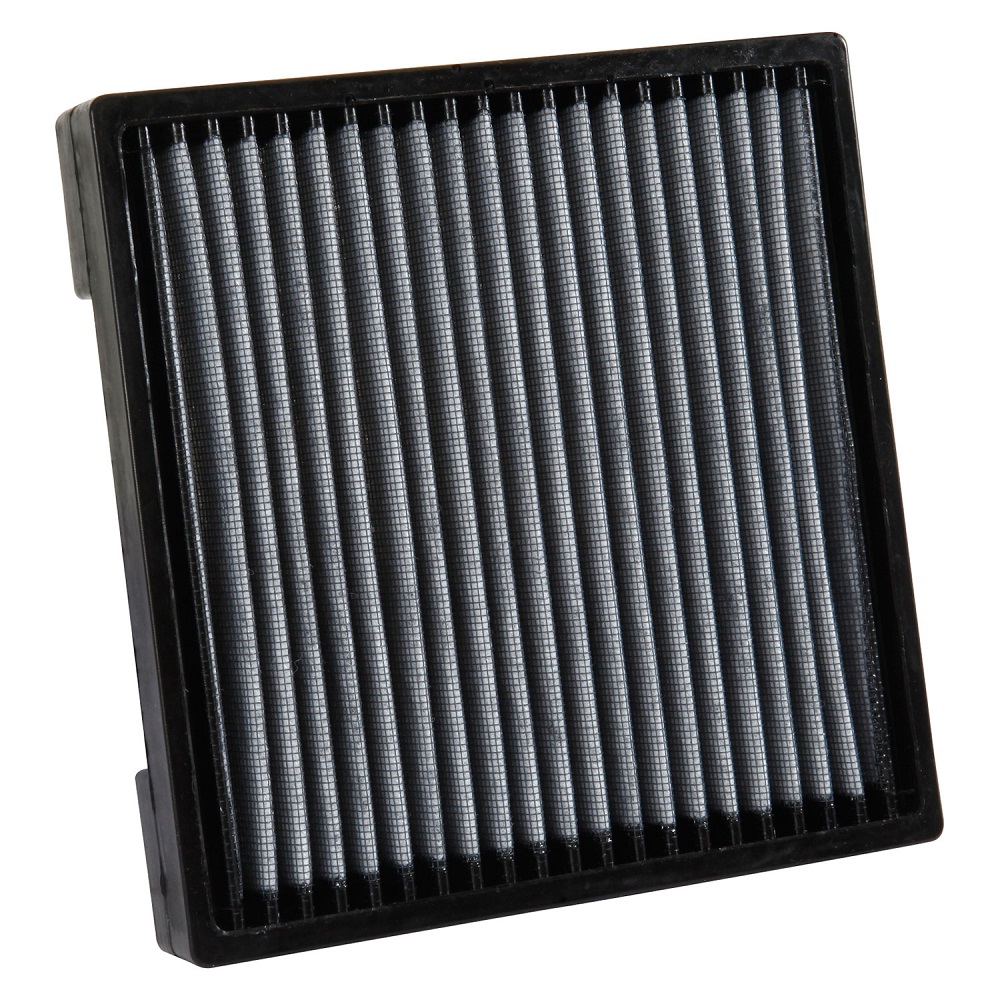
Types of Cabin Air Filters
Conventional Filters
Conventional cabin air filters are typically made from a dense layer of polyester or paper. They serve as the first line of defense against airborne pollutants. While effective at trapping dust and larger particles, they may not catch smaller particles such as allergens or certain chemicals.
HEPA Filters
High-Efficiency Particulate Air (HEPA) filters provide superior filtration compared to conventional options. They can capture up to 99.97% of particles, including pollen, smoke, and dust. If you suffer from allergies or want the highest level of air quality, consider investing in a HEPA cabin air filter. These filters are particularly beneficial in urban areas with high pollution levels.
Activated Carbon Filters
Activated carbon filters are another excellent option. They not only trap pollutants but also absorb odors and volatile organic compounds (VOCs). If you often drive in areas with strong odors, such as near factories or agricultural areas, an activated carbon filter can significantly enhance the air quality inside your vehicle.
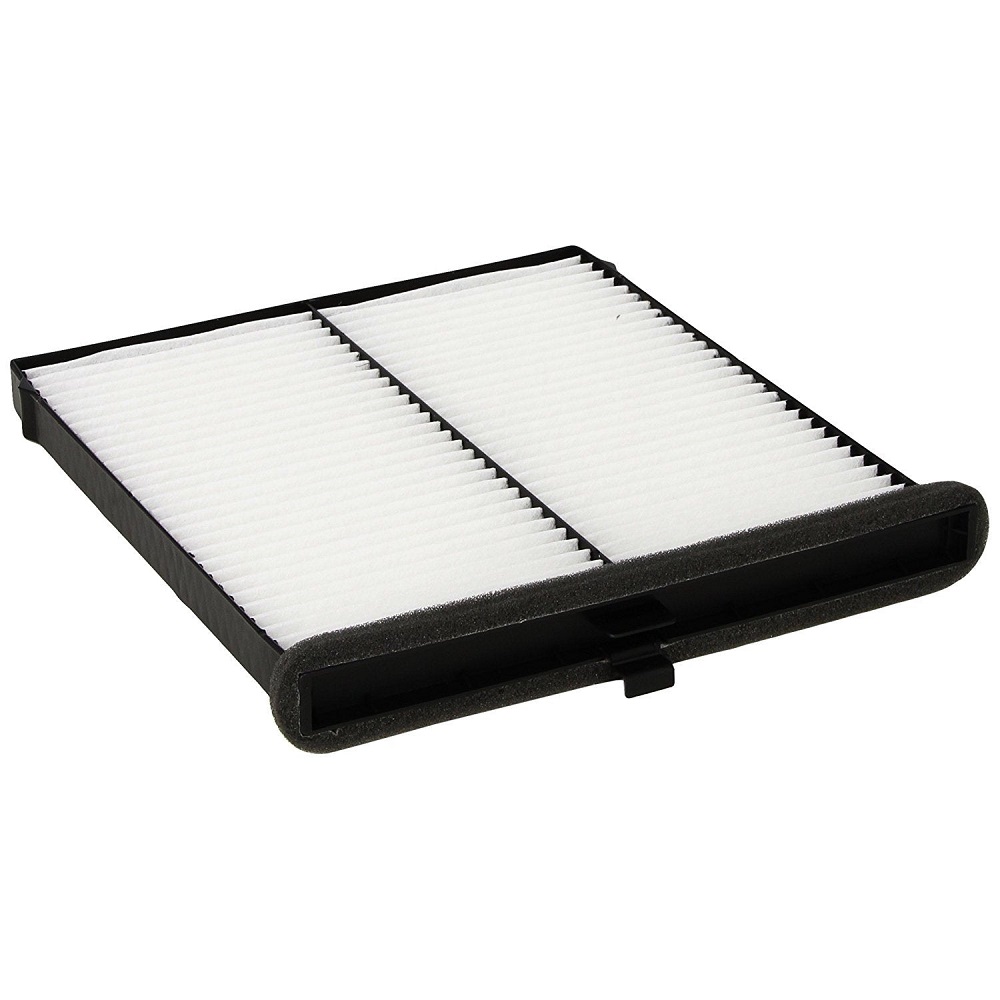
How to Choose the Right Cabin Air Filter
Check Your Vehicle’s Specifications
When selecting a cabin air filter, it is essential to consult your vehicle’s owner’s manual. The manual provides specifications that indicate the appropriate filter size and type for your car model. Using the correct filter ensures optimal performance and air quality.
Additionally, some manufacturers offer recommended filters based on driving conditions and common pollutants in your area. If you frequently drive in urban environments, you may need a more advanced filter to address increased pollution levels.
Consider Personal Allergies and Sensitivities
If you or your passengers have allergies, it is crucial to evaluate the types of filters available. HEPA filters are excellent for minimizing allergens in the cabin air. If odors or chemical sensitivities are a concern, look for filters that include activated carbon. Selecting the right filter can enhance comfort and safety for everyone in the vehicle.
Evaluate Filter Ratings
Besides getting the right size, it’s important to look at the filter’s MERV (Minimum Efficiency Reporting Value) rating. MERV ratings range from 1 to 16, with higher numbers indicating better filtration. A filter with a MERV rating of 8 to 12 is typically sufficient for most passenger vehicles. However, if you have specific needs, such as asthma or allergies, consider opting for filters with MERV ratings of 13 or higher.
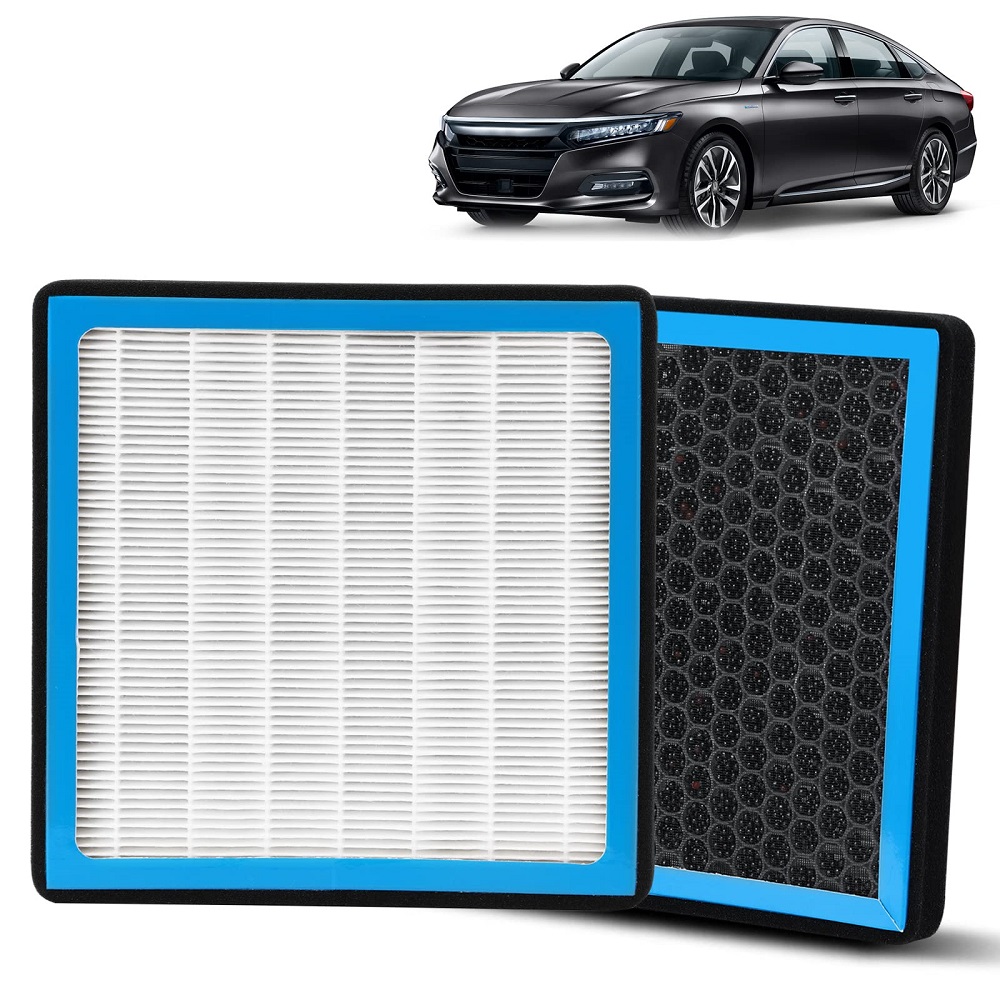
Where to Purchase Cabin Air Filters
Authorized Dealers and Auto Parts Stores
Cabin air filters can be purchased from various sources. Authorized dealerships often carry original equipment manufacturer (OEM) filters specifically designed for your vehicle model. While these options tend to be more expensive, they guarantee compatibility and reliability.
Additionally, auto parts stores offer a variety of aftermarket filters. Many of these filters are designed to meet or exceed OEM standards and often come at a lower price point. Ensure that any filter you choose is compatible with your vehicle by checking the specifications.
Online Retailers
Online retailers provide a convenient option for purchasing cabin air filters. Websites often have extensive searches that allow you to input your vehicle’s make and model to find compatible filters quickly. Many e-commerce platforms offer customer reviews, making it easier to evaluate the quality of different filters. Take the time to read these reviews for insightful information from other consumers.
Installing Your Cabin Air Filter
Following Proper Steps for Installation
Installing a cabin air filter can usually be done without the need for professional assistance. Most vehicles have a relatively simple process for accessing the filter compartment, typically located behind the glove box or under the dashboard. Consult your owner’s manual for precise instructions tailored to your vehicle model.
Start by gathering the necessary tools, which may include a screwdriver and a flashlight. Following the steps outlined in the manual, remove any panels or clips covering the filter compartment. Gently slide out the old filter and be cautious of any debris that may have collected. Insert the new filter in accordance with the indicated airflow direction, ensuring a secure fit.
Checking for Proper Sealing
After replacing the filter, reattach any panels or covers you removed during installation. It is crucial to ensure that all seals are tight; this prevents unfiltered air from entering the cabin and maximizes the effectiveness of the new filter. Finally, check for any unusual noises or airflow issues once you start the vehicle to confirm proper installation.
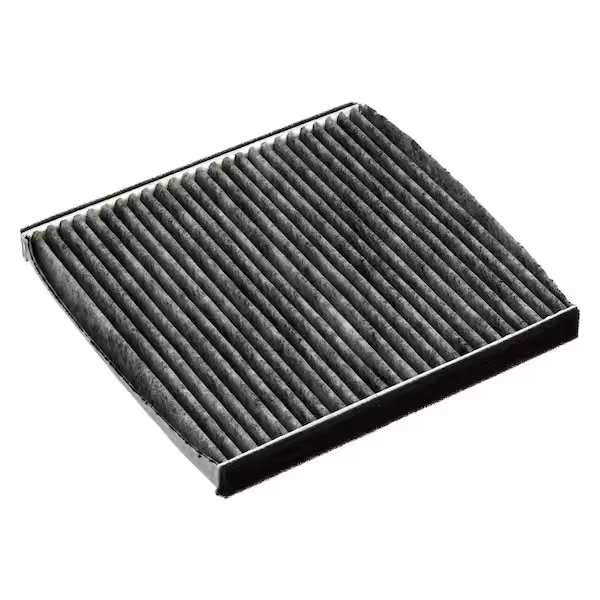
General Maintenance and Replacement Guidelines
How Often to Change Your Filter
Regularly changing your cabin air filter is essential for optimal performance. On average, it is recommended to replace the filter every 12,000 to 15,000 miles, or at least once a year. However, if you frequently drive in heavy traffic, rural areas with significant pollen, or during construction, you may need to replace the filter more often.
Failure to change the cabin air filter regularly can lead to reduced airflow, unpleasant odors, and compromised air quality. Monitoring the filter’s condition will help you maintain a clean and healthy environment in your vehicle.
Signs of a Dirty Cabin Air Filter
There are some signs that indicate your cabin air filter requires a replacement. First, pay attention to airflow levels; if the air feels weak or diminished when using your vehicle’s HVAC system, it may indicate a clogged filter. Additionally, strange odors coming from the vents, particularly musty or stale smells, often signal the need for a filter change. Allergy symptoms that worsen during travel may also suggest that your cabin air filter is not functioning effectively.
The Impact of a Quality Cabin Air Filter on Vehicle Safety
Enhancing Overall Health and Safety
A quality cabin air filter contributes to not only comfort but also health and safety. The air inside a vehicle can be more polluted than the outdoor air, especially in congested areas. A clean cabin air filter helps reduce the presence of harmful airborne particles, including allergens, dust, and bacteria. This is especially essential for people with allergies or respiratory illnesses.
Some advanced filters, such as HEPA and activated carbon filters, also help reduce the concentration of harmful gases and odors. This ensures a more pleasant driving experience, reduces fatigue, and promotes alertness, all of which contribute to safer driving conditions.
Value Beyond Individual Health
The benefits of a quality cabin air filter extend beyond individual health. Maintaining clean air circulation can enhance the overall performance and efficiency of your vehicle’s HVAC system. An effective filter reduces strain on the system, promoting longevity and reducing repair costs in the long run. By prioritizing the quality of your cabin air filter, you invest in your health and the durability of your vehicle’s essential systems.
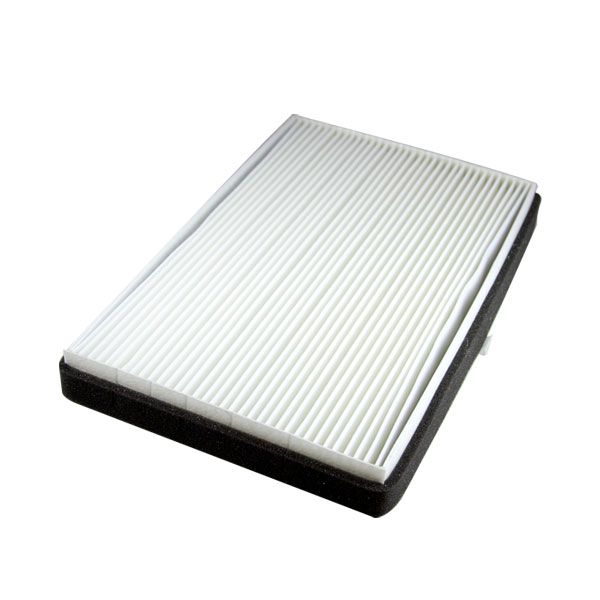
Conclusion
Selecting the right cabin air filter is crucial for maintaining a clean and comfortable environment in your vehicle. Understanding the types of filters available, how to choose one that meets your needs, and knowing how to install and maintain it will enhance your driving experience. Regularly changing your cabin air filter will ensure optimal performance for your HVAC system and safeguard the health of all passengers.
By investing time in choosing the best vehicle cabin air filters for your car, you can enjoy cleaner air, reduce allergens, and enhance the overall comfort and safety of your driving experience. So the next time you are working on your vehicle maintenance checklist, don’t overlook the importance of your cabin air filter. It plays a subtle yet critical role in keeping your journey comfortable and enjoyable.
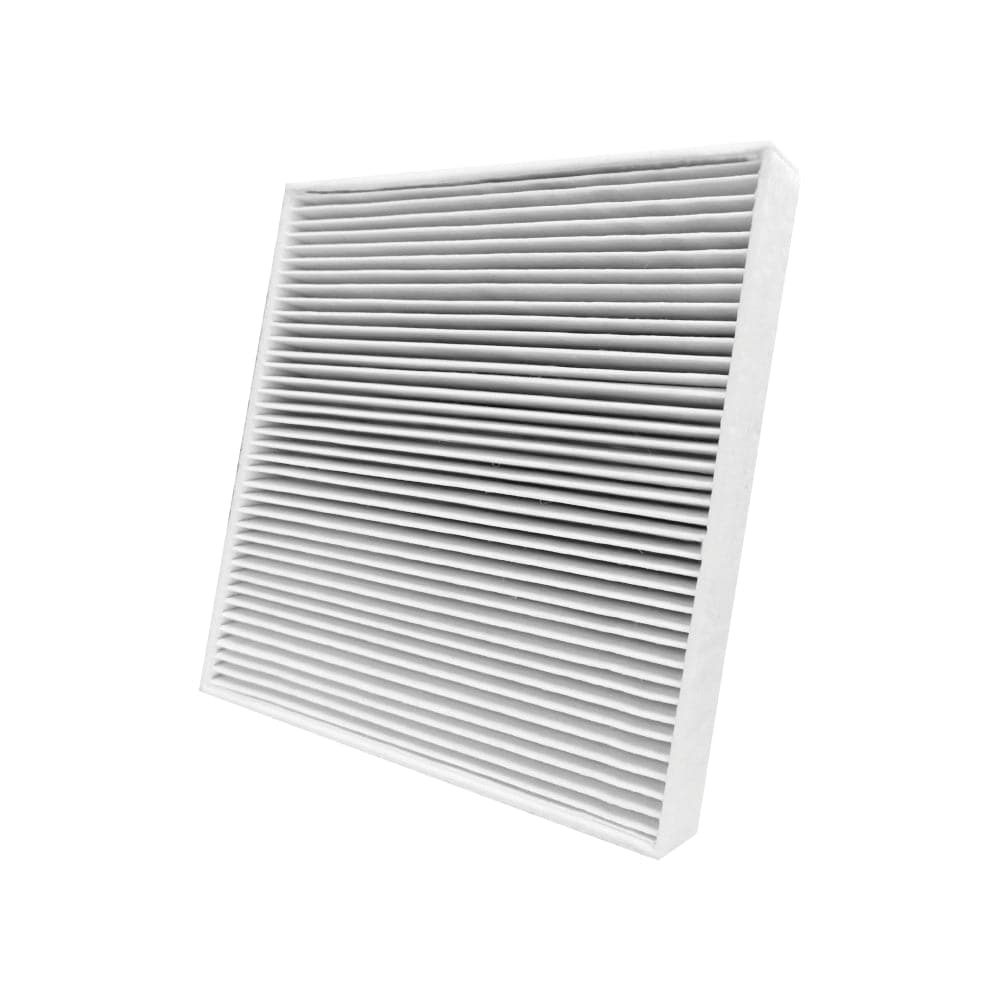
Leave a Reply